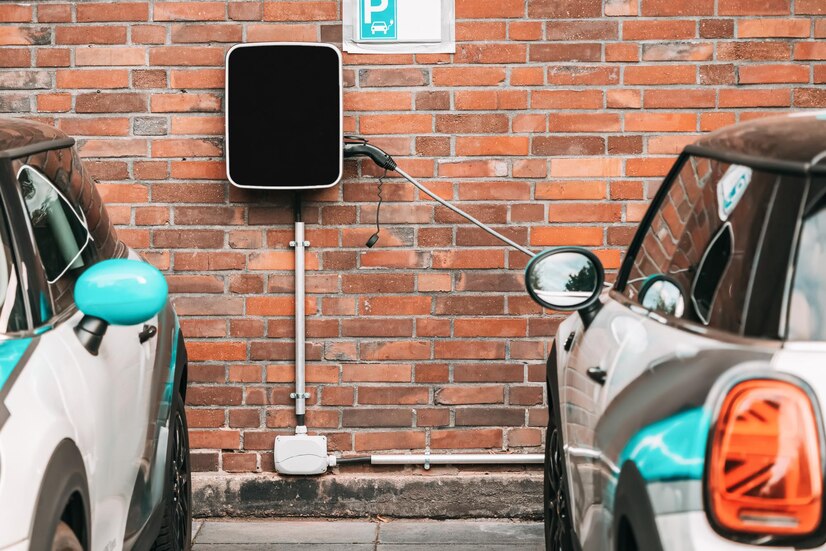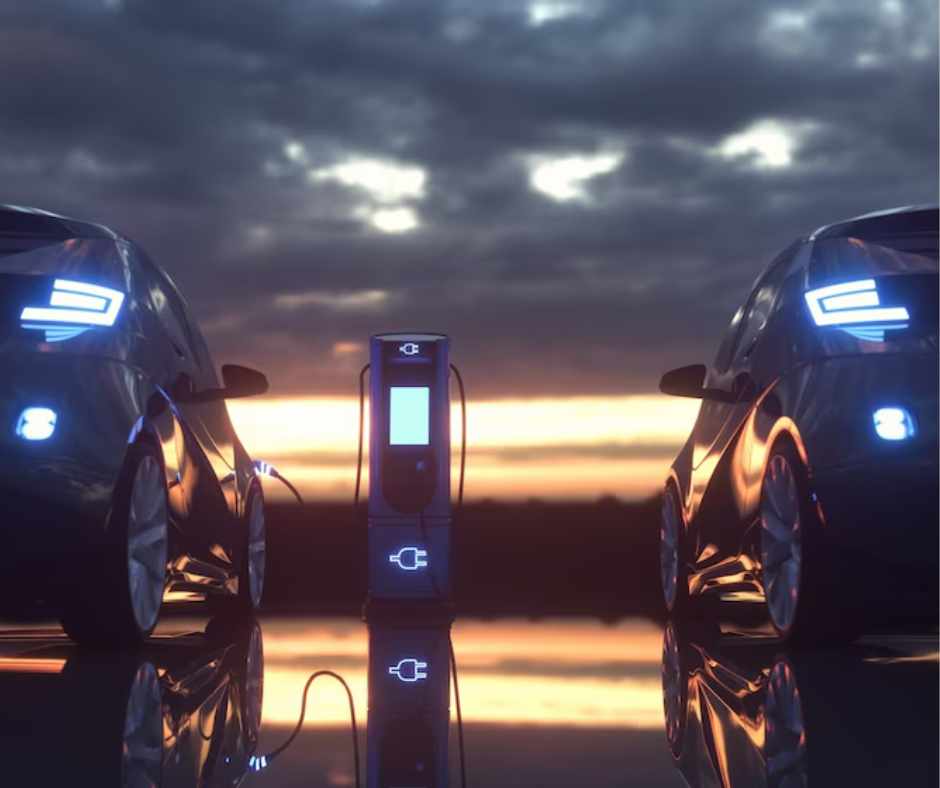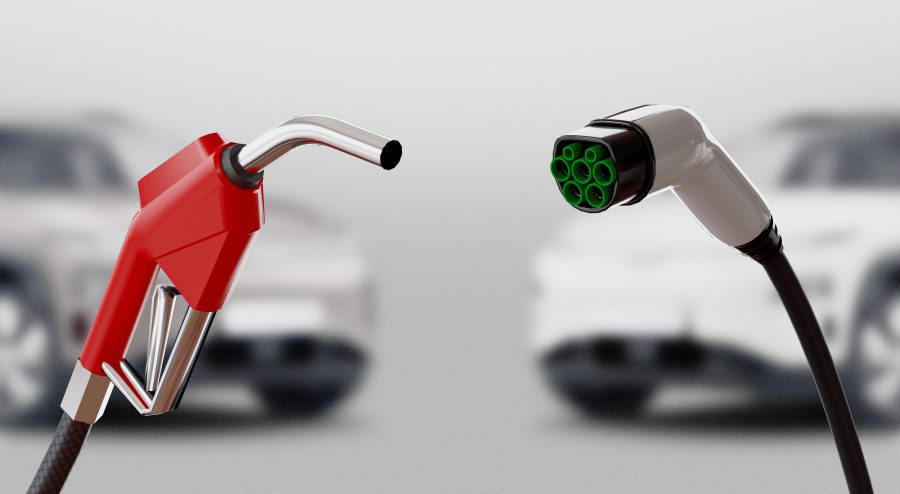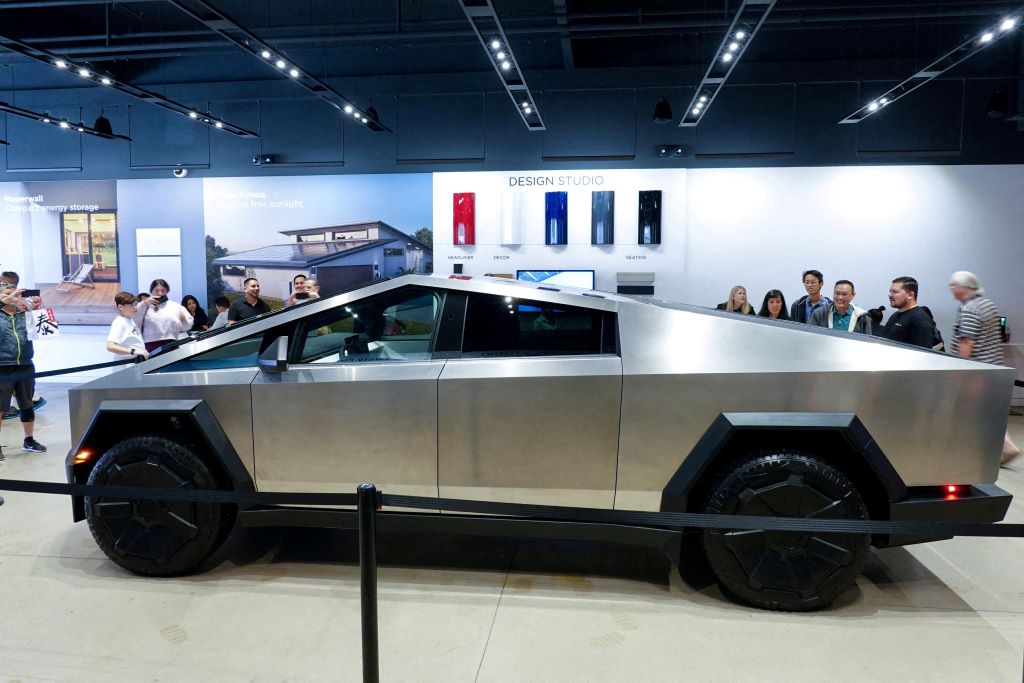In the ever-evolving landscape of automotive technology, the emergence of electric cars and hybrids has sparked a significant shift in how we think about transportation. As concerns about environmental sustainability and fuel efficiency grow, understanding the differences between these two innovative options becomes essential. In this article, we’ll delve into the difference between an electric car and a hybrid, highlighting their distinct characteristics, advantages, and considerations. By the end, you’ll be equipped with the knowledge needed to make an informed decision regarding your next vehicle.
Differences Between an Electric Car and a Hybrid
The key differences between electric cars and hybrid cars:
| Feature | Electric Car | Hybrid Car |
| Power source | Battery | Battery and gasoline engine |
| Range | 100-300 miles | 20-50 miles electric, 300-500 miles gasoline |
| Recharging time | 4-8 hours | 5-10 minutes for gasoline, 3-8 hours for electric |
| Fuel efficiency | 100-150 MPGe | 50-60 MPG |
| Emissions | Zero emissions | Lower emissions than gasoline cars |
| Noise level | Quiet | Noisier than electric cars |
| Maintenance costs | Lower maintenance costs | Higher maintenance costs than electric cars |
| Purchase price | More expensive than hybrid cars | Less expensive than electric cars |
| Availability | More available than hybrid cars | Less available than electric cars |
| Incentives | More government incentives available | Fewer government incentives available |
Defining Electric Cars
At its core, an electric car is a vehicle powered exclusively by electricity. Unlike conventional gasoline-powered cars that rely on internal combustion engines, electric cars, or EVs, use electric motors to generate power. The primary source of energy for electric cars is stored in rechargeable high-capacity batteries. The reliance on electricity results in zero tailpipe emissions, making electric cars a vital component in reducing air pollution and greenhouse gas emissions.
The pioneer of this electric revolution is Tesla, a company that has revolutionized the automotive industry with its innovative electric vehicles. Tesla’s focus on performance, range, and cutting-edge technology has been instrumental in reshaping perceptions about electric cars.
Exploring Hybrid Vehicles
On the other hand, hybrid vehicles represent a bridge between conventional gasoline and fully electric vehicles. These cars incorporate an internal combustion engine and an electric motor, working to optimize fuel efficiency and reduce emissions. The most well-known example is the Toyota Prius, a hybrid synonymous with eco-friendly driving.
There are several types of hybrid systems, including series hybrids, parallel hybrids, and plug-in hybrids. Series hybrids primarily rely on electric power, with the gasoline engine acting as a generator to recharge the battery. Parallel hybrids use both the engine and motor simultaneously during certain driving conditions. Plug-in hybrids offer the flexibility of charging the battery through an external power source, enabling short electric-only trips.
Power Source Differences
One of the fundamental distinctions between electric cars and hybrids is their power source. Electric cars are solely powered by electricity stored in high-capacity batteries. These batteries are charged through various means, including home charging stations and public charging infrastructure. On the other hand, hybrids combine the conventional gasoline engine with an electric motor, allowing them to operate in electric-only mode, gasoline-only mode, or a combination of both.
Fuel Efficiency and Emissions
Electric cars are renowned for their exceptional energy efficiency. The direct conversion of electricity to power in electric motors is far more efficient than the process of burning gasoline in internal combustion engines. This efficiency translates into lower operating costs and reduced dependence on fossil fuels.
Hybrids, while not as energy-efficient as pure electric cars, still outperform traditional gasoline vehicles. The ability to switch between electric and gasoline power optimizes fuel usage, resulting in fewer trips to the gas station and decreased emissions.
Range and Charging
A significant consideration when comparing electric cars and hybrids is the range they offer and their charging capabilities. Electric cars have made substantial progress in extending their range, but they still face limitations compared to traditional gasoline cars. Long road trips may require careful planning to ensure access to charging stations along the route.
Charging infrastructure for electric cars continues to expand, with home charging units and public charging stations becoming more prevalent. The convenience of charging at home overnight has contributed to the growing appeal of electric cars. In contrast, hybrids do not require external charging infrastructure, as they can rely on gasoline for longer trips.
Performance and Driving Experience
The driving experience in electric cars is uniquely exhilarating. Electric motors provide instant torque, delivering swift acceleration and a seamless power delivery. The absence of engine noise further enhances the sensation of speed and responsiveness. Hybrids offer a balance between performance and efficiency, leveraging the electric motor’s torque for initial acceleration and the gasoline engine for sustained driving.
Real-world driving experiences in both electric cars and hybrids have revealed their strengths and nuances. Electric cars excel in city driving, where their quick acceleration and regenerative braking are advantageous. Hybrids shine in diverse scenarios, from city commutes to highway cruising, offering versatility and efficiency.
Cost Considerations
When it comes to costs, both the initial investment and long-term savings are essential factors to consider. Electric cars typically have a higher upfront cost due to the expense of battery technology. However, government incentives, tax credits, and the reduction in operating expenses can offset this initial investment over time. Hybrids, on the other hand, often come with a more affordable price tag, making them an accessible entry point into the world of electrified vehicles.
Maintenance and Repairs
The maintenance landscape for electric cars differs significantly from that of traditional vehicles. Electric cars have fewer moving parts, which translates to simplified maintenance routines. There’s no need for oil changes, and brake wear is minimized due to regenerative braking systems. Hybrids, with their dual power systems, require maintenance that encompasses both the conventional engine and electric components.
It’s worth noting that while electric cars have a maintenance advantage, their unique components and high-voltage systems may require specialized attention in case of repairs.
Environmental Impact
Both electric cars and hybrids play a role in reducing the environmental impact of transportation. With their zero tailpipe emissions, electric cars contribute to cleaner air and reduced greenhouse gas emissions. Life cycle analyses have shown that electric cars offer a net benefit in terms of emissions over their entire lifespan, even accounting for manufacturing and energy sources.
Hybrids, while not emission-free, still offer significant improvements compared to conventional gasoline cars. Their ability to operate in electric mode during city driving further decreases their carbon footprint.
Infrastructure and Accessibility
The availability of charging infrastructure is a critical consideration for electric car owners. As electric cars become more popular, charging stations are becoming increasingly accessible. However, the availability of charging stations can vary depending on location and region. Hybrids, benefiting from an extensive network of gasoline stations, do not face the same infrastructure challenges.
Technological Innovation
Electric cars are at the forefront of automotive technological innovation. Features like regenerative braking, autonomous driving capabilities, and over-the-air updates showcase the continuous evolution of electric car technology. The pursuit of longer ranges, faster charging times, and improved battery technology remains a driving force in this sector.
Hybrids, while not as technologically flashy as electric cars, have also seen advancements in their hybrid systems. These improvements contribute to enhanced fuel efficiency and smoother transitions between electric and gasoline modes.
Long-Term Considerations
Long-term ownership of electric cars can result in significant cost savings. The reduced reliance on gasoline translates to lower fuel expenses, and the simplicity of maintenance contributes to fewer maintenance costs. However, it’s essential to acknowledge the potential impact of battery degradation on electric car performance over time. As batteries age, their capacity may decrease, affecting range and efficiency.
Hybrids, benefiting from both gasoline and electric power, can offer longevity and potentially higher resale values. Their ability to adapt to different driving conditions and maintain fuel efficiency makes them appealing options for long-term ownership.
Consumer Choices and Preferences
Choosing between an electric car and a hybrid hinges on individual preferences and needs. Factors like daily commute distance, driving habits, and lifestyle are pivotal in this decision. Electric cars are optimal for short commutes and eco-conscious individuals looking to minimize their carbon footprint. Hybrids cater to a broader range of driving scenarios, offering flexibility without the need for charging infrastructure.
Market Trends and Future Outlook
Electric cars are experiencing a surge in popularity, driven by advancements in technology, environmental concerns, and automakers’ commitments to electrification. As battery technology improves and charging infrastructure expands, electric cars are expected to become even more accessible and prevalent.
Hybrids, while currently occupying a significant place in the market, may face changes in their role as technology progresses. As electric cars become more mainstream and offer increased ranges, hybrids could transition into a more specialized role, catering to specific consumer preferences.
Conclusion
Electric cars and hybrids are compelling alternatives to traditional gasoline-powered vehicles in the grand tapestry of automotive evolution. Understanding the difference between an electric car and a hybrid is pivotal to making a well-informed decision that aligns with your lifestyle, driving patterns, and values. Electric cars excel in environmental impact and energy efficiency, while hybrids balance efficiency and convenience. By considering your needs and aspirations, you can confidently embark on a journey towards a more sustainable and forward-looking mode of transportation.
FAQs
- Which is better: electric cars or hybrids?
The choice depends on your specific needs. Electric cars are emission-free and efficient for short commutes, while hybrids offer versatility and don’t require charging infrastructure.
- Are hybrids more affordable than electric cars?
Hybrids often have a lower upfront cost, but electric cars can lead to long-term savings due to reduced operating expenses and potential incentives.
- What is regenerative braking in electric cars?
Regenerative braking is a technology that converts the kinetic energy of a moving car into electrical energy, which is then stored in the battery for later use.
- Can hybrids operate solely on electric power?
Yes, many hybrids can operate in electric-only mode for short distances, depending on the specific model.
- How do I decide between an electric car and a hybrid?
Consider your daily commute, driving habits, and environmental values. Electric cars are ideal for short commutes, while hybrids offer flexibility without the need for extensive charging infrastructure.








